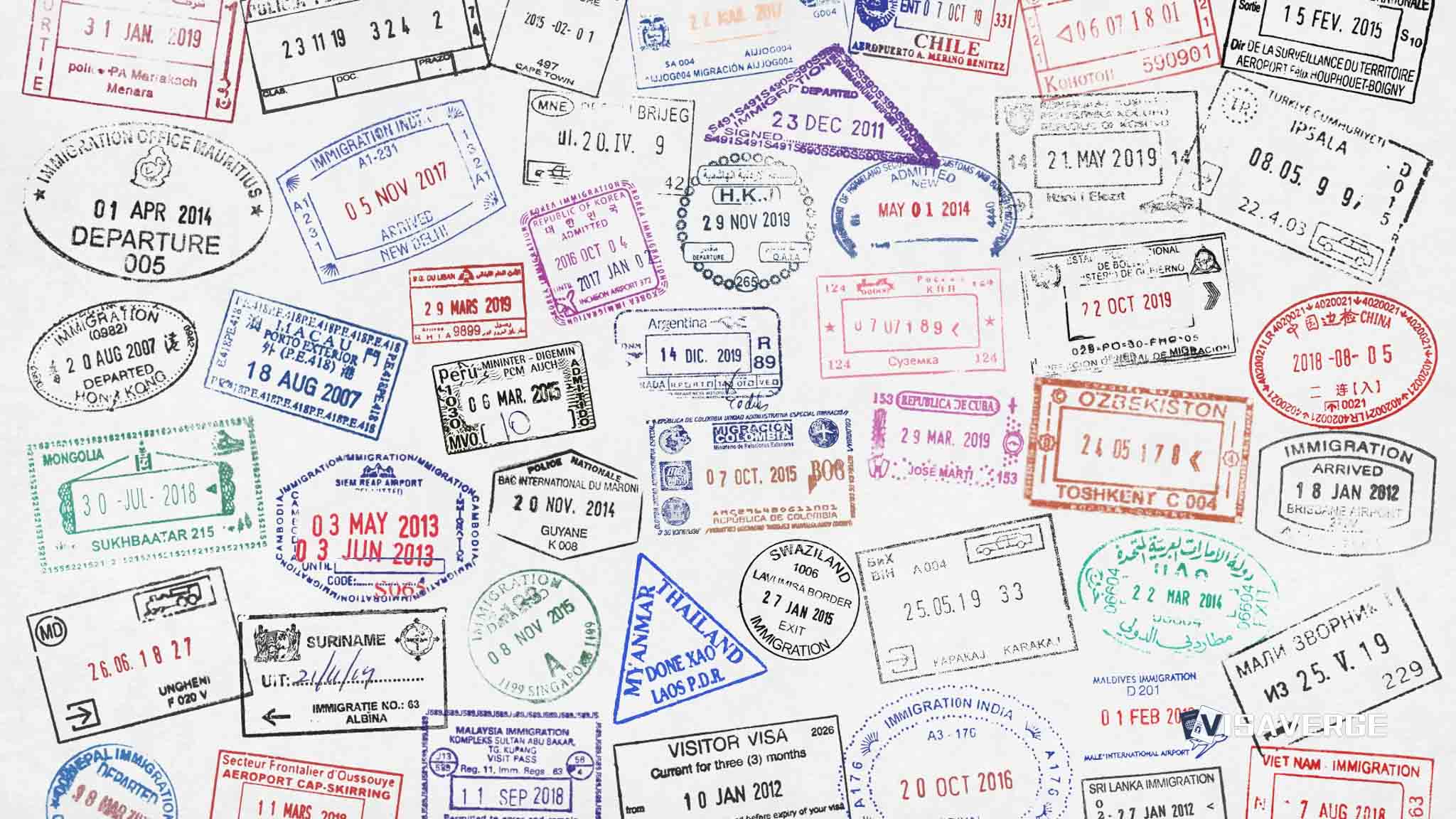(CANADA) Immigration, Refugees and Citizenship Canada is facing a mounting crisis as its immigration backlog nears one million files, fuelled in large part by a steep rise in delayed study permit applications that is reshaping plans for students and families worldwide. As of August 31, 2025, IRCC reported 958,850 applications stuck in queue, up 57,150 in a single month from 901,700 at the end of July. That means 43.6% of all pending immigration files are now considered backlog, a level that policy analysts say will test the department’s ability to keep Canada’s system fair, predictable, and attractive.
Scope of the Backlog

Officials say no single program is to blame, but internal figures show permanent residency, temporary residency, and citizenship all adding to the pile. Permanent residency accounts for the largest share, with 470,300 applications delayed as of August. Temporary residency, which includes work permits and the fast‑growing pool of study permit applications, has also swelled, with more than one million temporary files sitting in IRCC’s inventory. At the same time, over 290,000 people are waiting on citizenship decisions, with average processing times now around 13 months, stretching the path to the passport many had counted on this year.
Study Permits Under Strain
A closer look at study permit applications helps explain the pressure. By the end of August, more than 200,000 study permits were delayed, and the share of files counted as backlog jumped from 23% at the end of July to 32% just one month later. IRCC processed 143,485 study permits between January and June 2025, almost half the 290,635 processed during the same period in 2024. Yet demand from prospective students has stayed high, creating a gap that grows each month and leaving colleges, universities, and language schools unsure how many international students will actually arrive on campus.
Approval rates have moved up and down through the year, with some modest improvement in the second quarter, but processing speed has not kept pace. The federal target for 2025 is to issue 437,000 study permits, a level that is already 10% lower than in 2024. Even with that lower ceiling, the growing backlog suggests IRCC will struggle to meet service goals while also applying closer checks on finances and school quality. “I submitted my study permit application in April and still have no answer,” said Priya Sharma, an Indian applicant admitted to a college in Ontario. “Classes started in September without me.”
Operational and Policy Pressures
IRCC points to several forces driving the current strain. Record‑high application volumes across almost every program have met a department still coping with staffing gaps and training lags. According to internal summaries reviewed by VisaVerge.com, resource constraints and officer shortages have limited how quickly files can move, even as the government hires more staff and leans further on digital tools. On the policy front, Ottawa has raised the proof‑of‑funds level for most new study permit applicants to $22,895 as of September 2025 and introduced enrollment caps and provincial allocation changes, steps meant to curb abuses but which have added new layers of review.
Human and Community Impacts
For families and students, the numbers translate into missed semesters, deferred dreams, and rising costs. Many fall‑term students whose files are caught in the study permit backlog must decide whether to start online from abroad, push their admission to a later term, or give up on Canada 🇨🇦 altogether and apply to another country. Institutions lose expected tuition, while landlords, local shops, and employers in smaller cities lose the spending and labour they had planned for. Immigration lawyers say they are hearing from students who sold property or took on loans based on timelines that no longer hold.
The backlog on the permanent residency side carries its own human cost. Economic applicants with job offers wait to move, leaving Canadian employers short‑staffed in sectors from health care to construction. Families remain split as sponsored spouses and children face extended separations that can now stretch far beyond what was once common. For those seeking citizenship, the 13‑month average means extra months without full political rights, limits on some jobs, and uncertainty for people who had hoped to vote in upcoming elections. Community groups warn that this prolonged limbo can weaken ties between newcomers and the country they chose.
-
Students and Families
Missed semesters, deferred admissions, sunk costs, and life plans upended for those who sold assets or took on loans based on past timelines.
-
Employers and Local Economies
Staffing gaps and reduced spending in communities that rely heavily on international students and foreign workers to fill shifts and support local businesses.
-
Family Reunification
Sponsored spouses and children endure prolonged separation as processing delays stretch far beyond what applicants once expected.
-
Future Citizens
Permanent residency and citizenship applicants wait longer for rights, opportunities, and a sense of permanence in Canada.
Government Response and Applicant Strategies
In public statements, IRCC says it is hiring more officers, adjusting its intake systems, and improving digital processing to cut wait times. Officials stress that security, program integrity, and financial checks cannot be rushed, even under political pressure to bring numbers down. The department urges applicants to submit full documentation early and to track current processing trends through its online tools, including the official IRCC processing times page. Still, internal forecasts suggest the overall backlog will remain elevated through the rest of 2025, with only gradual relief for most categories.
Education agents and lawyers say the message on the ground is simpler: plan for long waits and keep backup options open. Some university recruiters report parents asking whether their children should defer by a full year to avoid visa shocks. Others see students trying to switch to schools in countries with faster study permit systems, even if the courses are less suitable. “We used to tell students that a Canadian study permit decision might take eight to ten weeks,” said one Toronto‑based consultant. “Now we warn them it can be four to six months or even longer, with no guarantee of a clear answer.”
Start study-abroad planning early: gather complete documents now, track IRCC processing times online, and have backup options (other institutions or countries) in case timelines shift again.
Global Competition and Domestic Politics
The strain arrives as Canada 🇨🇦 tries to hold its place in a global race for skilled workers and international students. Other destinations are speeding up visa decisions or offering more direct paths from study to work and permanent status. Canadian business groups warn that if study permit applications remain stuck, the country could lose future nurses, engineers, and tech workers who often start as students. Employers who already rely on temporary foreign workers say delays in both work and study permits make it harder to fill shifts, especially in remote regions where local labour is scarce.
Within Canada, the political debate is sharpening. Opposition parties press the federal government to bring the backlog down faster, arguing that people who follow the rules should not face years of waiting. Supporters of tighter controls counter that deeper checks on study permit applications are needed after years of rapid growth in private colleges and reports of students struggling with high rent and limited support. Behind the public exchanges, however, affected families often feel their lives reduced to file numbers. Parents who hoped to join children already studying in Canada see visitor visas and sponsorship cases delayed, while refugee claimants and humanitarian applicants worry that slower decisions could put them at greater risk if conditions in their home countries change suddenly.
Outlook: Prolonged Uncertainty
For now, applicants across all streams are left trying to make sense of shifting timelines and limited communication. Some receive automatic emails confirming that their files are in process, but with no estimate beyond general ranges posted online. Others say web forms and phone calls yield only scripted replies. Advocacy groups are calling for clearer public reporting on how IRCC sets priorities when the system is overloaded, and for more transparency on which regions or programs are seeing the longest waits. Some observers warn that eroding trust could be harder to eventually repair fully than any numerical backlog. Until that happens, many families will keep refreshing their online accounts, hoping for progress on files that may remain in the growing backlog well into next year, even as Canada 🇨🇦 continues to present itself as a welcoming destination for students, workers, and future citizens.
IRCC’s backlog climbed to 958,850 files by Aug. 31, 2025, driven by delays in permanent residency (470,300), temporary residency (over 1,000,000 files), and more than 200,000 study permits. Citizenship applicants face about 13-month waits. Causes include record application volumes, staffing shortages, and tighter policy checks like higher proof‑of‑funds. The backlog harms students, families, employers, and institutions; IRCC is hiring and improving digital systems, but relief is likely gradual through 2025.













